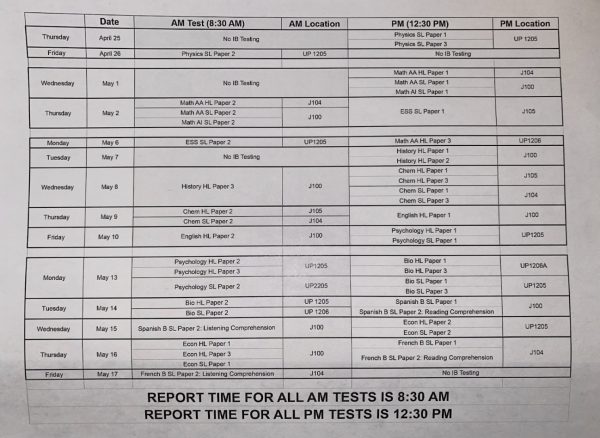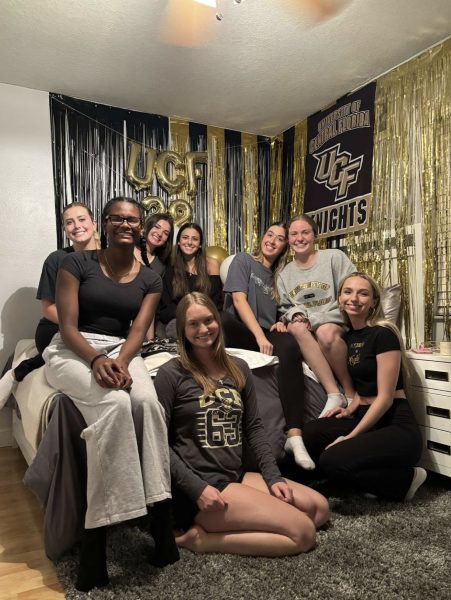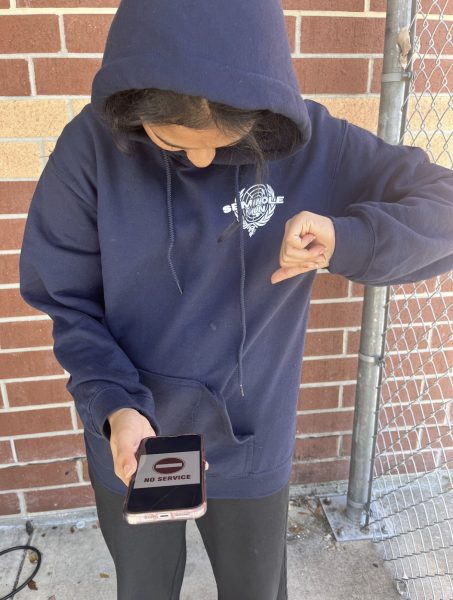DEMOCRATIC CANDIDATES DISPLAY THEIR PLATFORMS
The Democratic Presidential Debate allowed candidates to respond to citizen’s concerns and discuss pending issues.
November 10, 2015
The Democratic Presidential Debate was broadcast on CNN on October 13 in Las Vegas, Nevada with anchor Anderson Cooper as the host. The candidates included Vermont Senator Bernie Sanders, former Secretary of State Hillary Clinton, former Maryland Governor Martin O’Malley, Virginia Senator Jim Webb, and former Rhode Island Governor Lincoln Chafee. They responded to questions concerning #BlackLivesMatter vs. #AllLivesMatter, gun control, climate change, wealth inequality, immigration, criminal justice reform, and recreational marijuana.
According to senior Nicole Wills, the president of Young Politicians, neither Chafee nor Webb performed very well during the debate.
“They’ve announced that they are both dropping out of the race. Hillary Clinton, on the other hand, was declared the winner of that debate, and that gave her some momentum in the polls,” says Wills.
Others, in contrast, believe that Clinton was not the victor of the debate and that the debate has not had a significant impact on the polls yet.
AP U.S. Government and World History teacher Robert Ash says, “I think Bernie [Sanders] won the debate partly because of the applause that he was getting from the crowd and his substance. I don’t know how the debate has affected [the candidates’] actual campaigns yet other than Bernie feeling that he has to address the socialism thing. He seemed to be getting by without having to address it directly until recently. O’Malley just needs to get recognition.’
The debates affect candidates’ campaigns and the public’s opinion of them. The day before the debate, Clinton led in the polls with 42.0 points, Sanders followed with 25.4 points, Webb had 0.9 points, O’Malley had 0.6, and Chafee had 0.0 points. One day after the debate, Clinton still led with 43.3 points, Sanders followed with 25.1 points, Webb had 0.9 points, O’Malley had 0.4 points, and Chafee maintained 0.0 points.
The debates are also a resource used to decide on a candidate for whom to vote. They permit candidates to present their opinions and action plans to tackle sensitive topics.
Wills states, “The debates show who is able to present themselves to the American public most professionally on the national stage. They’re also a good way to raise awareness of each candidate’s platform.”
Ash agrees, “[There should be a] debate on foreign policy, domestic policy, and the economy. I’m definitely for debates.”
Not only do the opinions and stances of candidates affect their campaign, but also the format of the debate itself. The most popular debate format is parliamentary, where debaters are permitted to interrupt speakers to add information that assists their side of the debate or to ask questions.
Ash states, “I think [the debates] should just be debates. [We should exclude] all of this nonsense that we go through worrying about things that have nothing to do with policy. It would be more valuable in a world where there’s so much out there now to be distracted by.”
The Florida primaries are planned to be held on March 15, 2016.



































